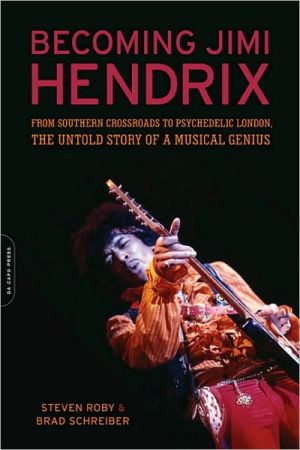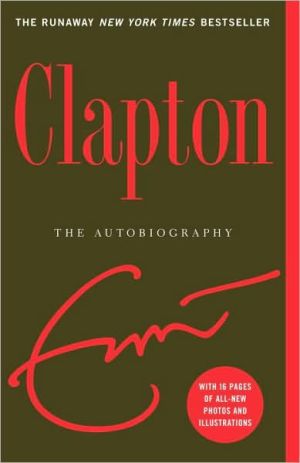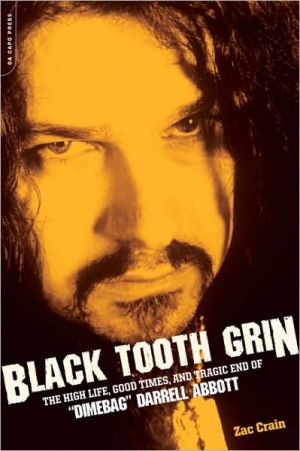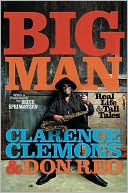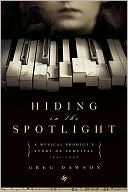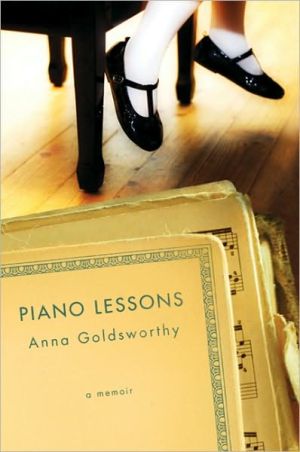Marcel Tabuteau: How Do You Expect to Play the Oboe If You Can't Peel a Mushroom?
Laila Storch is a world-renowned oboist in her own right, but her new book honors Marcel Tabuteau, one of the greatest figures in 20th-century music. Tabuteau studied the oboe from an early age at the Paris Conservatoire and was brought to the United States in 1905, by Walter Damrosch, to play with the New York Symphony Orchestra. Although this posed a problem for the national musicians' union, he was ultimately allowed to stay, and the rest, as they say, is history. Eventually moving to...
Search in google:
Biography of the most influential oboist of the 20th century. Choice Storch's intriguing book will appeal to a broad audience, not just oboists. Anyone interested in music will find Tabuteau's philosophies and Storch's research beneficial and applicable.
1 Compiegne and the Tabuteau Family 12 Paris Conservatoire: Tabuteau's Studies with Georges Gillet, 1902-1904 213 Arrival in America: Walter Damrosch and the New York Symphony Orchestra, 1905-1908 394 The Metropolitan Opera: Singers and Conductors of the "Golden Age," 1908-1914 595 San Francisco Interlude: The Panama-Pacific International Exposition Orchestra, 1915 756 The Philadelphia Orchestra: The Stokowski Years, 1915-1940 887 Tabuteau as Soloist with the Philadelphia Orchestra: 1915-1954 1368 Tabuteau at the Curtis Institute of Music: 1924-1946 1779 Lessons with Tabuteau: My Arrival in Philadelphia, January 1943 21710 My First Year with Tabuteau at the Curtis Institute: October 1943-May 1944 25411 Tabuteau Conducts the Curtis Orchestra: Fall 1944-Spring 1945 30612 Tabuteau's Summers in Canada: Salmon Fishing in Nova Scotia 34513 Another Year of Study with Tabuteau: 1945-1946 35514 Summers in France: The Pingouinette; Back to Philadelphia, 1948 36915 Tabuteau's Last Years at the Curtis Institute: 1946-1954 39316 The Casals Festivals in Prades and Perpignan: 1950, 1951, and 1953 41617 Tabuteau as Seen by His Philadelphia Orchestra Colleagues 43818 Retirement in France: La Coustiero, 1954-1959 45519 Tabuteau's Final Years in Nice: 1959-1966 47420 Philadelphia Postlude: Tabuteau's Playing; His Musical Ideas and Influence 507App. 1 Introduction and Text Transcription for the Tabuteau-Wolsing CD 521App. 2 The Students of Marcel Tabuteau at the Curtis Institute of Music 531App. 3 The Tabuteau System: Essay and Outline by Marc Mostovoy 533Glossaryof Terms Used by Oboists 545Notes 547Selected Bibliography 577Index 579
\ Choice"... Storch’s intriguing book will appeal to a broad audience, not just oboists. Anyone interested in music will find Tabuteau's philosophies and Storch's research beneficial and applicable." —Choice, January 2009\ \ \ \ \ Notes"... This book will be informative, interesting, and beneficial for anyone who is involved with the performance of music in the United States, whether in the field or in academe." —Lois Kuyper-Rushing, Louisiana State University, Notes, June 2009\ — Lois Kuyper-Rushing, Louisiana State University\ \ \ \ Double Reed News"Laila Storch... is generous in her admiration of [Marcel Tabuteau's] compelling artistry. She has produced a monumental tribute to an extraordinary musician whose influence remains alive in each generation of American oboists." —Anthony McColl, Double Reed News, 87 Summer 2009\ — Anthony McColl\ \ \ \ \ \ Fanfare"[This biography is] movingly personal.... may prove to be one of the most accomplished and important musical biographies of the 21st century." —Christopher Brodersen, Fanfare, 8/1/10\ — Christopher Brodersen\ \ \ \ \ \ The Double Reed"Laila Storch's biography of Marcel Tabuteau provides a detailed and intimate portrait of the life and artistry of the man widely considered to be the father of the American school of oboe playing." —The Double Reed, Vol. 33, No. 2, Summer 2010\ \

